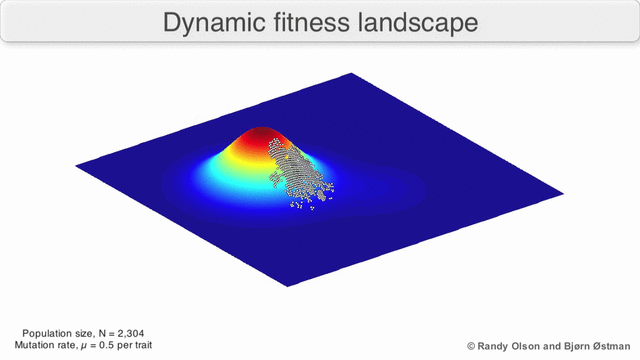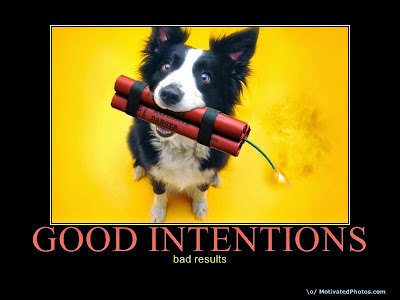"Ontem, em casa dos meus sogros vi uma boa hora da programação do Porto Canal. Numa reportagem sobre as inúmeras feiras que nesta altura se realizam em todo o Norte do país, a certa altura, numa feira transmontana, uma artesã dizia que não havia mercado para as suas colchas de linho... talvez haja, se calhar, deixou foi de frequentar estes espaços.
.
Talvez precisasse de frequentar outras feiras, noutros países, talvez precisasse de divulgar os seus produtos na internet, talvez precisasse de aproveitar os meses de Verão para expor os seus produtos nas lotadas quintas de turismo rural que se multiplicam desde a Beira-Alta até Trás-os-Montes."
Este artigo, "O linho de Ribeira de Pena, a inovação e a projeção com a mala de Louboutin", vai ao seu encontro:
"Tecedeiras de Cerva conciliam a tradição do linho com a inovação de peças e acreditam que a participação na nova mala do designer Christian Louboutin vai ajudar a projetar esta arte ancestral de Ribeira de Pena.Pena que não haja um Portugal 2020 para apoiar um projecto de internacionalização desta realidade.
...
Além da mala do designer francês, Fernanda Machado destacou a produção de toalhas de praia em linho que estão a exportar para os Estados Unidos da América (EUA) e também os tecidos que estão já a preparar para o desfile de moda que irá abrir a Feira do Linho de Ribeira de Pena, que se realiza no primeiro fim de semana de agosto."


















%2006.21.jpeg)












